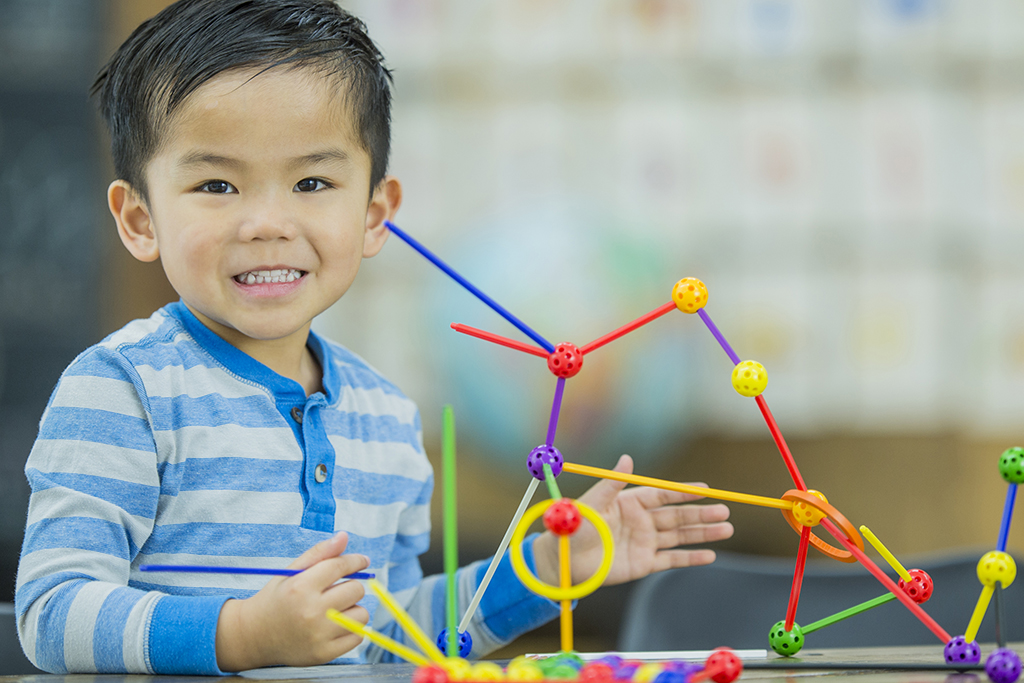7 Simple Tips for Finding the Right Preschool
Finding a preschool may seem stressful but when you focus on the right things, you can find the perfect place for you and your kids. The result will be just the right amount of socialization, learning, independence and fun for your tot. It will also give you some kid-free time to work, run errands, or relax. Plus, you might make a friend or two of your own!
Here are 7 tips to help you find a preschool that will fit your whole family:
Talk to kids. At the park, at the library, at your friend’s house. Find out what the kids loved doing on a given day or their favorite thing about preschool. Ask to see their latest project. Most kids will be thrilled to share their expertise. You can learn a lot from kids if you pay attention.
Talk to parents. See what schools they love and why. Find out if they are friends with other families there. Ask about the teachers that make it great. The most important thing is to talk to real people. Don’t rely on social media for accurate information.
Consider the schedule. Does the school have a schedule that works for your family? The days and hours must align with your family schedule, but also with your child’s preferences. There are schools with two-day-a-week programs and schools that meet five days a week. Some meet for two hours while others are full day options. Think about what you and your child would benefit from most.
Ask about educational philosophy. Every school has a unique approach. Some schools focus heavily on academics while others focus more on social skills. Some schools stress nature-based learning while others concentrate on the arts. Don’t get caught up in what these approaches are called but do think about your child and how her interests line up with what the school offers.
Talk money. The cost must work for your family. Consider tuition costs as well as extras like fundraisers, field trips and parties. Be bold about asking these questions before you choose a school, so you are not stressed later about unexpected expenses. Finding a school that your family can afford will create a less stressful environment for you and your child.
Find out about parent involvement. Ask how much parents are expected to be involved and make sure it is something you are comfortable with. Some schools ask parents to volunteer regularly during the school day while others only invite parents for holiday and year-end programs. Extras like fundraising or events can also be a requirement. Find out what is expected so you know if you can participate at that level.
Ask to observe. See if there is a good time for you and your child to visit during the school day. Watching the school in action is one of the best ways to discover if it will be a good fit. Chat with some parents at drop-off or pick-up. Observe the kids as they work together. All of it fits together to create the atmosphere where your child will learn.
Finding the perfect preschool doesn’t have to be stressful. Be realistic about your family’s needs and how they match up with the school. With these simple tips, you can discover a learning environment that will be perfect for your child.
-Rebecca Hastings







